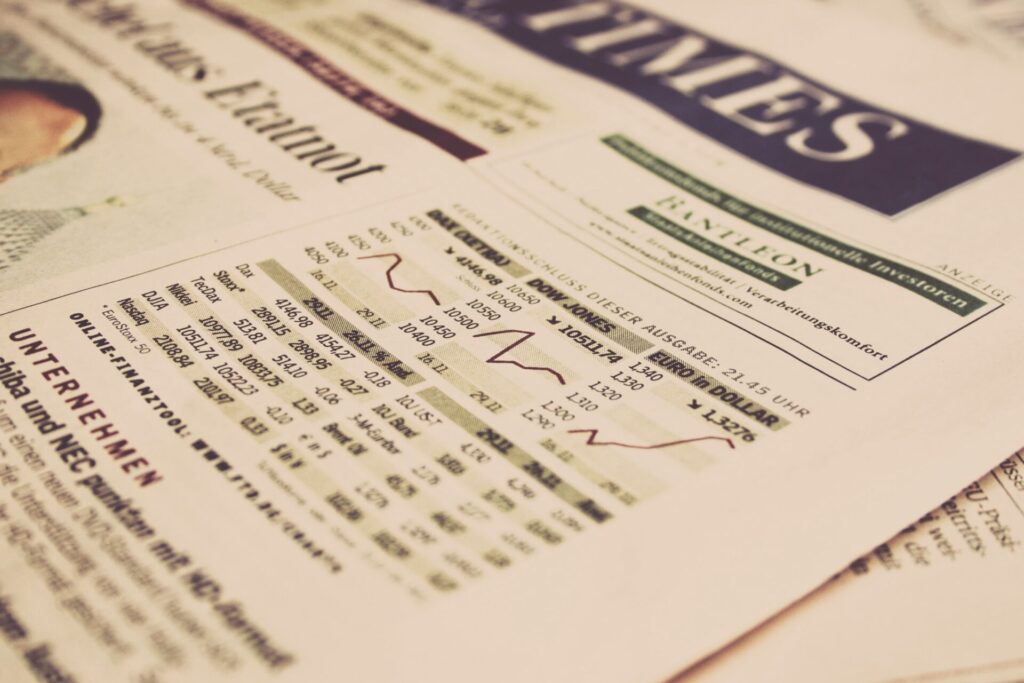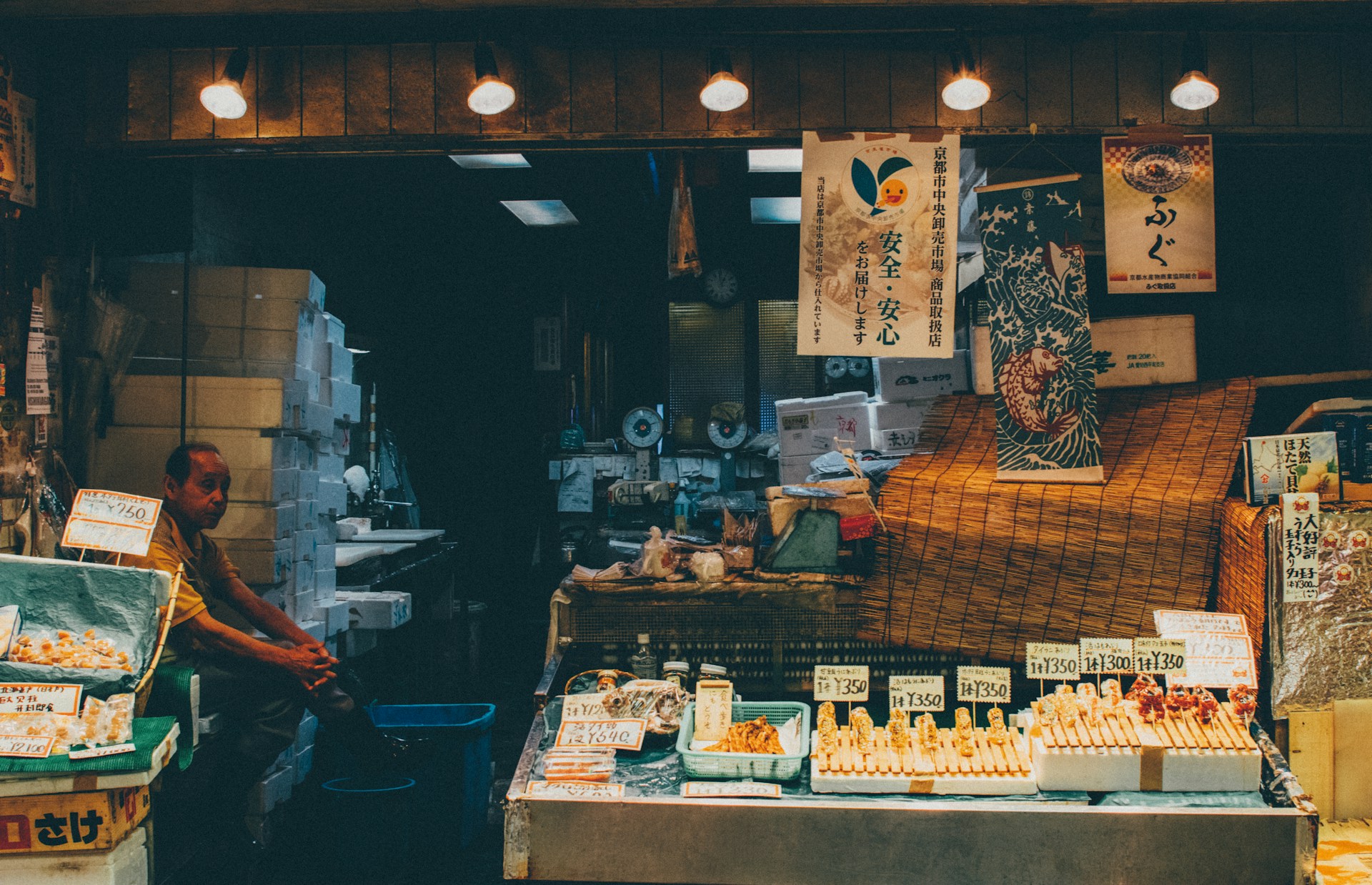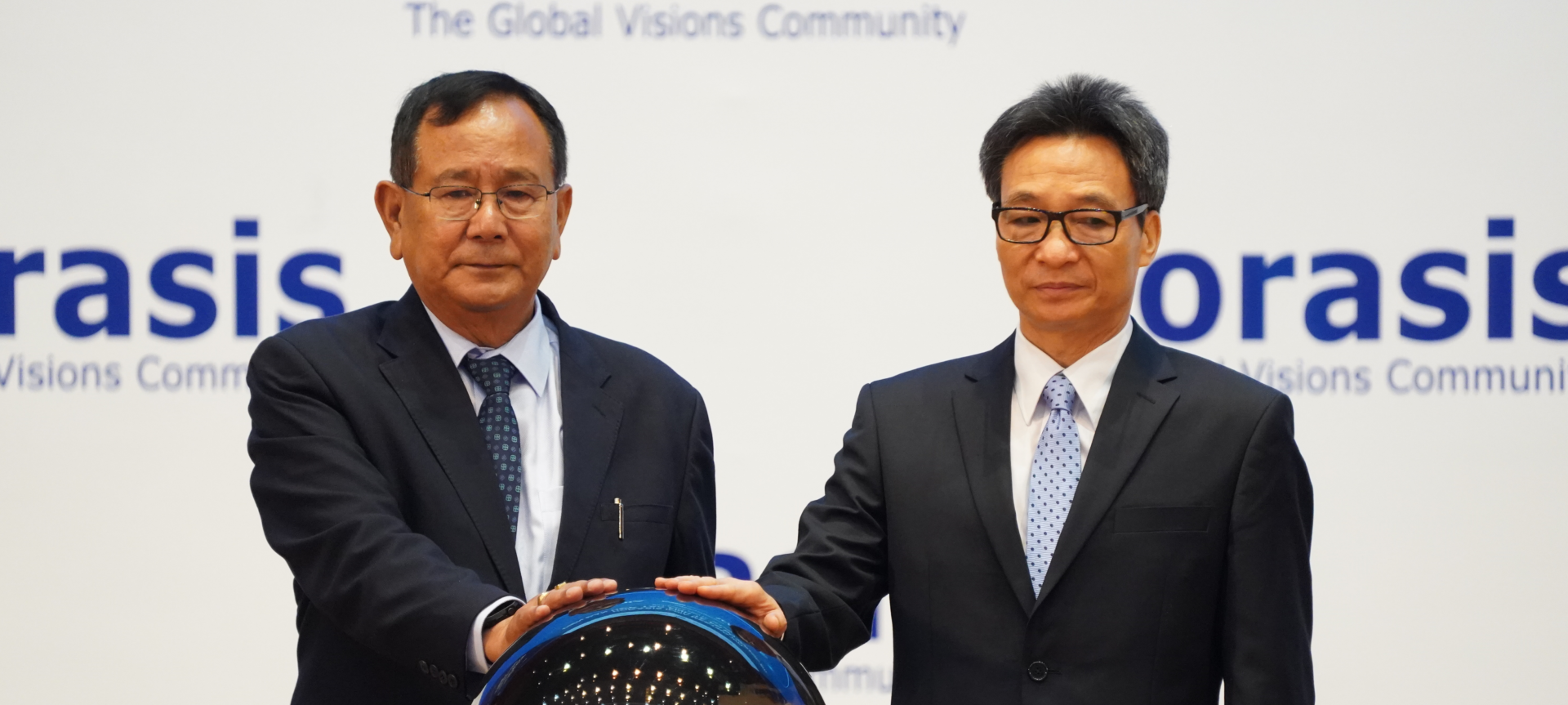Is a Microeconomic Strategy More Suited to Battling the Economic Downturn?
The COVID-19 pandemic has severely impacted the global economy. Governments worldwide have announced stimulus packages and it is interesting to note how each has outlined specific recovery roadmaps. There are few common threads, not least of which includes government bailouts for large companies. The current downturn is expected to be more severe in magnitude than the Global Financial Crisis of 2008-09 and thousands of jobs are at stake.
Emerging economies with sizeable numbers in the economically weak demographic are likely to experience a bigger brunt. Daily wage earners particularly are the hardest hit, since most will have registered next to no income over the past month and a half. As the pandemic rages on, a crisis already unfolding on the sidelines is that of migrant workers who have been dealt a difficult blow, stuck as they are between their homes and their places of work with no incomes to sustain themselves.
US Federal Government Bailout of 2009
The events from just over a decade ago are not entirely erased from public memory. The US economy had suffered a sub-prime mortgage crisis and its auto sector was in the doldrums. Two of its biggest conglomerates – General Motors and Chrysler Corporation were on the brink of bankruptcy when a Federal government intervention saved them. This was primarily because, at the time, almost one in three jobs were sustained by the auto sector – spanning as it did workers in a bolt and fastener operation to also a fuel station attendant. In simple terms, the government bail-out bore fruit, mostly delivering the intended results.
Focus on SMEs’ Substantial Contribution
However, as much as governments support large corporations which are, without doubt, strong pillars of any economy, the small and medium enterprise (SME) segment also makes significant contributions. It is commonly acknowledged that small businesses make the world go round. Even in an advanced economy such as Singapore, over 90 percent of all businesses are SMEs, contributing to almost 50 percent of GDP. Its government has extended several assistance measures to SMEs in the form of its Solidarity and Resilience budgets. Retailers and restaurateurs with negligible revenues have strong support to revive their firms and get up to speed once circuit breaker measures are lifted.
A Microeconomic Policy Stance
On a more fundamental level, what if the spotlight is cast on the basic entity that characterizes any economy? In microeconomic terms, the performance of an individual or a household is analyzed – allowing an examination of unit metrics. By this yardstick, if this segment is directly impacted, the corresponding ripple effect could be significant. In this context, there has been an ongoing discussion about provision of a universal basic income (UBI) by governments to all its citizens.

A UBI guarantees a minimum monthly payment for all citizens in a country. Iran had enacted a policy along these lines in 2010. Finland completed a UBI experiment in 2019 which was conducted over two years. Currently, Spain is on track to becoming the first country to roll out a UBI program in light of the COVID-19 crisis. In the case of Finland’s sample size, the study highlighted there were no significant increases in employment levels although participants did mention feeling less stressed. A basic income allows the possibility for more thought on restructuring individuals or households because the minimum income guarantee can enable distressed individuals to perhaps reason and rationalize better.
Putting Money in the Hands of the Poor
Nobel Laureates Abhijeet Banerjee, Esther Duflo and Michael Kremer have spent over two decades conducting poverty alleviation trials, among other things. Their findings in developmental economics have spurred policymaking in several countries. Banerjee has been a strong advocate for a UBI and he bases his rationale on findings from research conducted in several low-income countries across Asia and Africa. His key stance has been to ‘put money in the hands of the poor.’ And this latter segment actually forms a large demographic. As per United Nations estimates in 2019, there are about 400 million people in the Asia-Pacific region alone living in extreme poverty – or on less than US$1.90 a day.
Stimulus Packages should be Wider in Scope
With COVID-19 having only added to economic woes, governments worldwide must look beyond the scope of only extending stimulus packages to large corporations. The SME sector must be accorded as much priority too, employing as they do the bulk of the global population. Considering the pandemic and its associated economic downturn have been likened to the Great Depression of the 1920s, it perhaps calls for a microeconomic approach – one that can directly impact individuals and households. In fact, even the provision of money can alleviate poverty to only an extent. In his book entitled Poor Economics: A Radical Rethinking of the Way to Fight Global Poverty, Banerjee opined that “poverty is not just a lack of money; it is not having the capability to realize one’s full potential as a human being.”
Photo Caption: The building in the foreground is the Finnish parliament. Finland completed a universal basic income (UBI) experiment in 2019.



